The 12th Session of the UAE-France Strategic Dialogue Endorses Ambitious 10-Year Bilateral Roadmap.
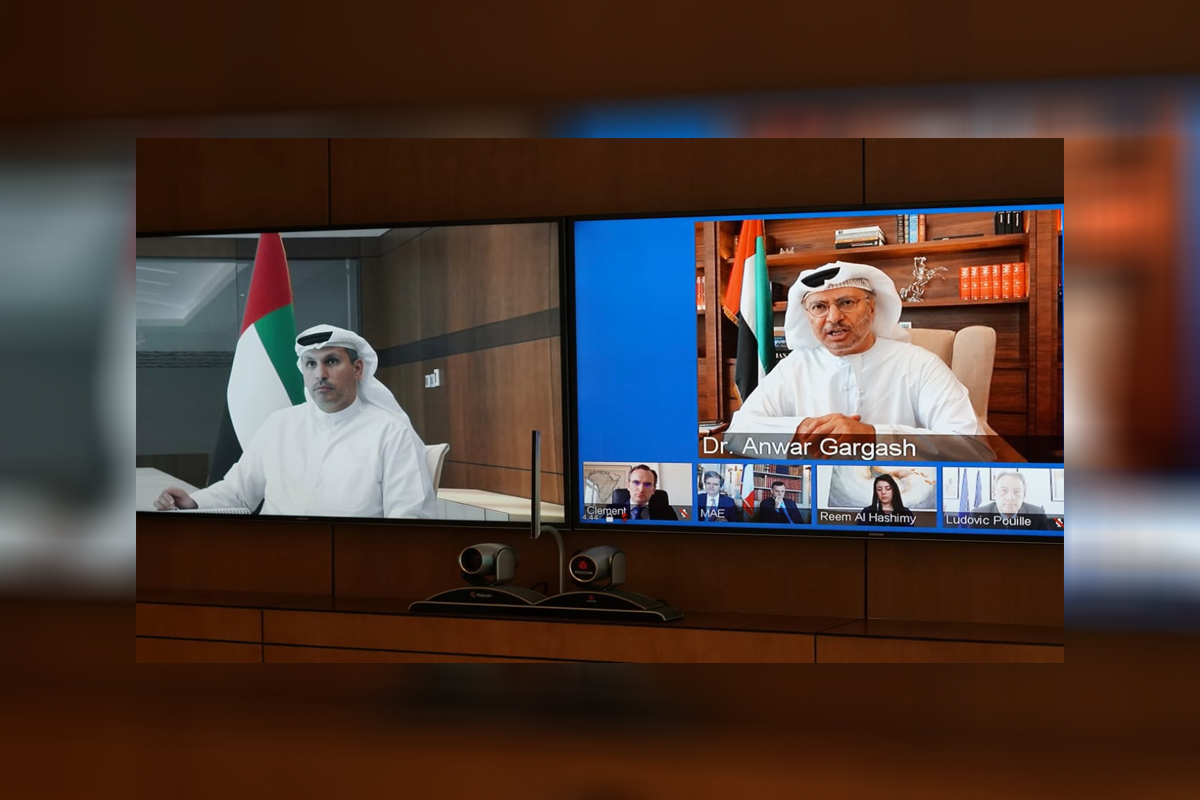
The 12th session of the UAE-France Strategic Dialogue, co-chaired by HE Khaldoon Khalifa Al Mubarak, Chairman of the Executive Affairs Authority of Abu Dhabi, and HE Francois Delattre, Secretary-General of the French Ministry for Europe and Foreign Affairs was hosted virtually on Wednesday 3 June 2020. This high-level meeting took place in line with the guidelines set out by His Highness Sheikh Mohamed bin Zayed Al Nahyan, Crown Prince of Abu Dhabi and Deputy Supreme Commander of the UAE Armed Forces, and Emmanuel Macron, President of the French Republic, and in continuation of the regular exchanges between HH Sheikh Abdullah bin Zayed Al Nahyan, UAE Minister of Foreign Affairs and International Cooperation, and French Foreign Minister, Jean-Yves Le Drian.
UAE attendees included HE Dr. Anwar Gargash, Minister of State for Foreign Affairs; HE Reem Al Hashimy, Minister of State for International Cooperation; HE Dr. Sultan Al Jaber, Minister of State and CEO of ADNOC. The delegations also included the participation of Ambassadors of both countries, as well as chairpersons, undersecretaries and director generals from key entities representing priority sectors from both parties.
During the session, the UAE and France endorsed a roadmap for the next decade of their strategic partnership (2020-2030). Reflecting on the flagship achievements of the past decade, such as the Louvre Abu Dhabi, Sorbonne University Abu Dhabi and the 2009 Joint Defense Agreement, both parties shared an ambition to strengthen bilateral relations and mutual developments by setting out further goals and joint initiatives. This high-level meeting also involved discussions on key sectors of bilateral cooperation, such as economy, trade and investment, oil and gas, nuclear and renewable energy, education, culture, health, space and security.
The meeting also focused on Emirati-French joint efforts to overcome the COVID-19 pandemic and respective post-COVID-19 policies. In this regard, both countries agreed to enhance their partnership in the health sector, through an ambitious scientific, medical and pharmaceutical cooperation.
The delegations also reviewed the progress of the “UAE-France Partnership for Sustainable Development”, following the letter of intent signed last October in Abu Dhabi by HH Sheikh Abdullah bin Zayed Al Nahyan, UAE Minister of Foreign Affairs and International Cooperation, and French Foreign Minister, Jean-Yves Le Drian.
During the meeting, both sides discussed additional key areas of cooperation such as technology, food security, and the continued efforts to enhance bilateral exchange and cooperation in advanced sciences, research and development, and human capital. Both parties also agreed to make artificial intelligence a strategic component of this bilateral partnership, following the statement of intent entitled “A Vision for a Digital 21st Century” signed in February 2019 by the French Minister of the Economy and Finance, Bruno Le Maire, and the UAE Minister of State for Artificial Intelligence, HE Omar Al Olama.
In an effort to support human capital, the UAE and France agreed to strengthen ties in the education sector. Both sides welcomed Abu Dhabi’s decision to launch a coding school in partnership with Ecole 42, the world-renowned French coding school.
The Strategic Dialogue included a number of subcommittee updates led by senior representatives of both countries, who provided recent updates on key sectors of bilateral cooperation.
Issues of regional and international significance were also addressed. While reaffirming their commitment to global peace, security and development, both sides vowed to work hand-in-hand on the prevention of tensions and the resolution of crises in the Middle East. Both sides also expressed their shared interest in the inclusive and economic development of countries in Africa and the Middle East.
About the UAE-France Strategic Dialogue
The UAE-France Strategic Dialogue is an annual meeting that aims to strengthen bilateral relations between the two countries, identify opportunities for potential partnership and coordination; and to facilitate ongoing collaboration on individual projects and initiatives.
The meeting discusses key sectors of bilateral cooperation, such as economy, trade and investment, oil and gas, nuclear and renewable energy, education, culture, health, space and security; in addition to other sectors of mutual priority.
Related News
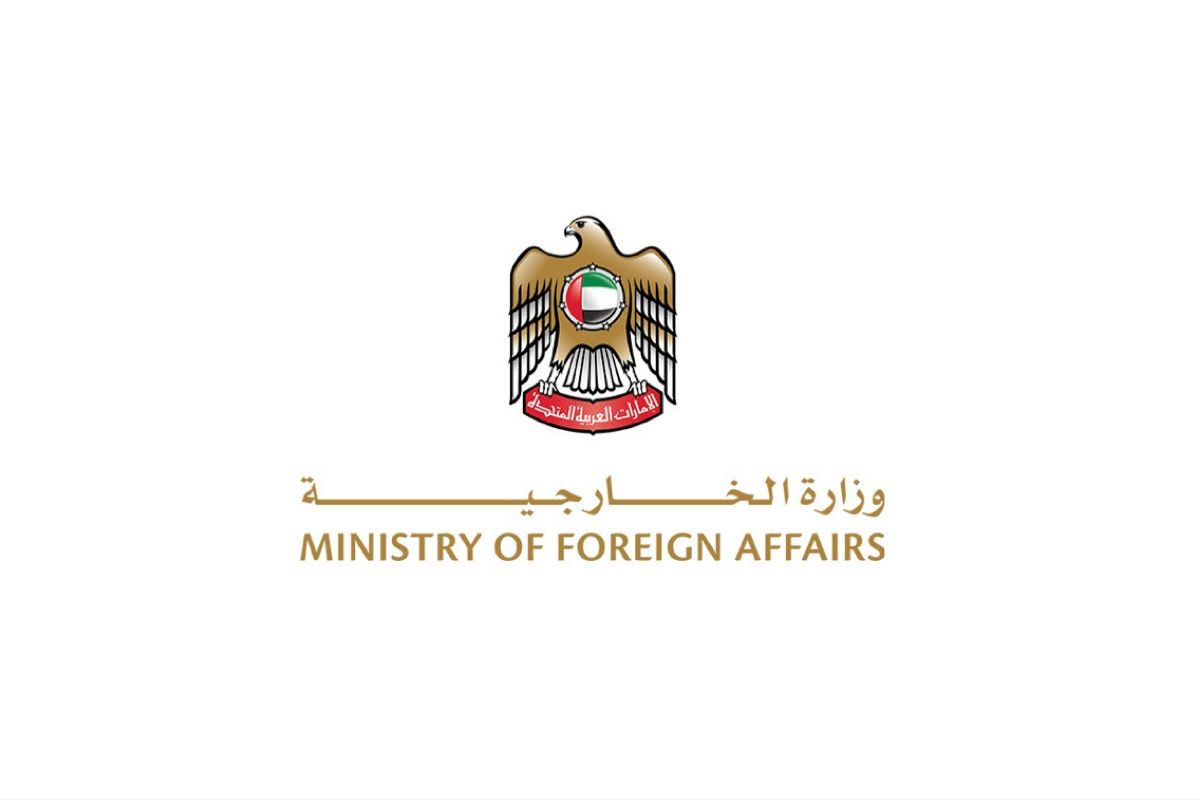
UAE Strongly Condemns School Shooting in Canada
The United Arab Emirates has strongly condemned the shooting incident at a school in western Canada, which resulted in a number of deaths and injuries.
View Details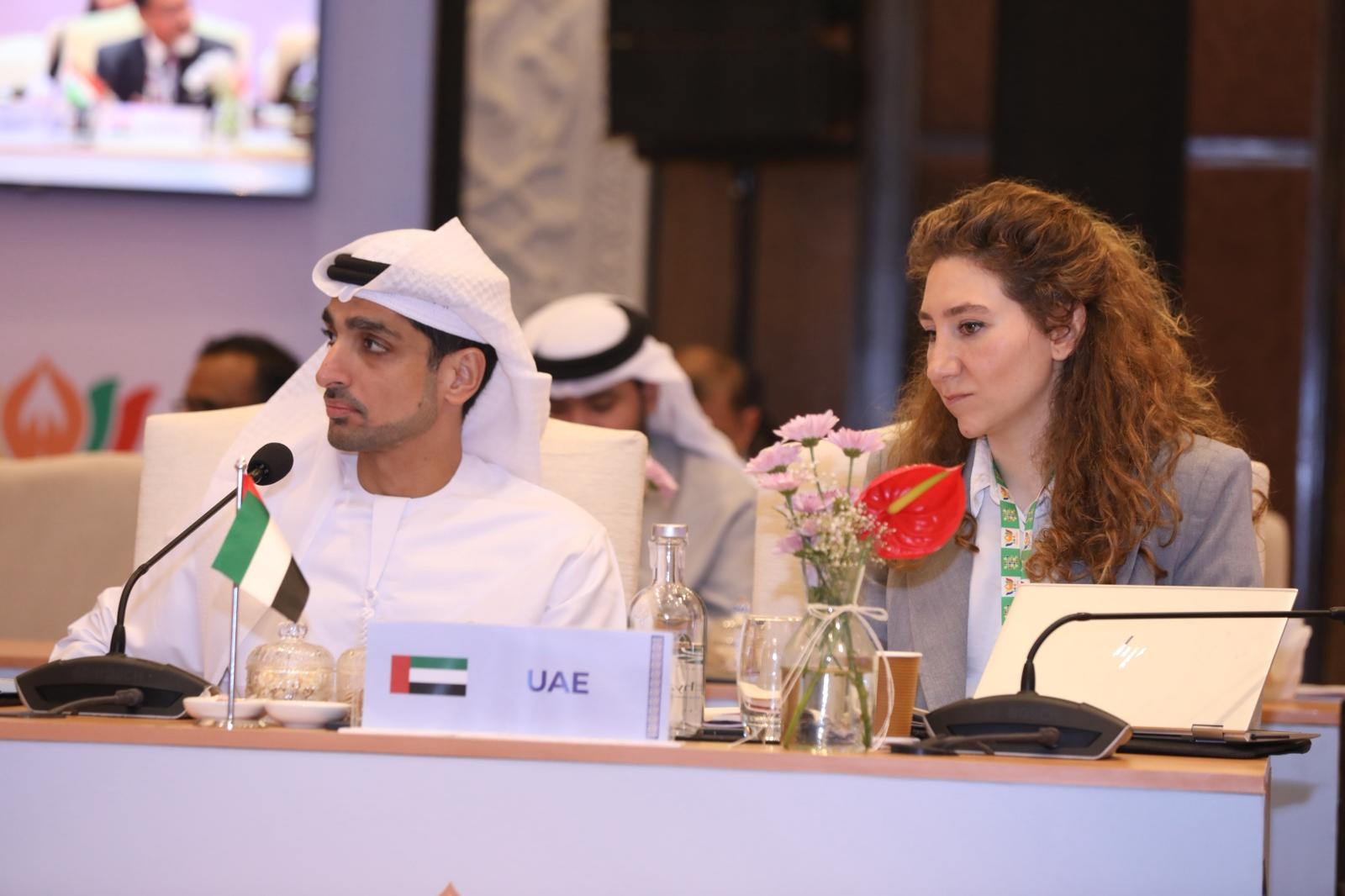
UAE Participates in First BRICS Sherpa Meeting of 2026
The UAE participated in the first BRICS Sherpa and Sous Sherpa Meeting of 2026, held in the Indian capital, New Delhi, from 9 to 10 February.
View Details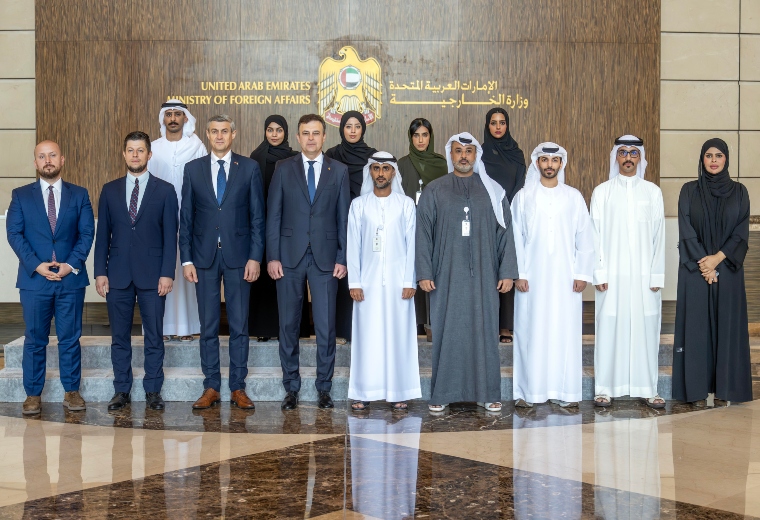
The UAE and Moldova hold their first Consular Consultations in Abu Dhabi
The United Arab Emirates and the Republic of Moldova held the first round of consular consultations at the headquarters of the Ministry of Foreign Affairs in Abu Dhabi, with the aim of discussing ways to enhance constructive cooperation in areas of mutual interest.
View Details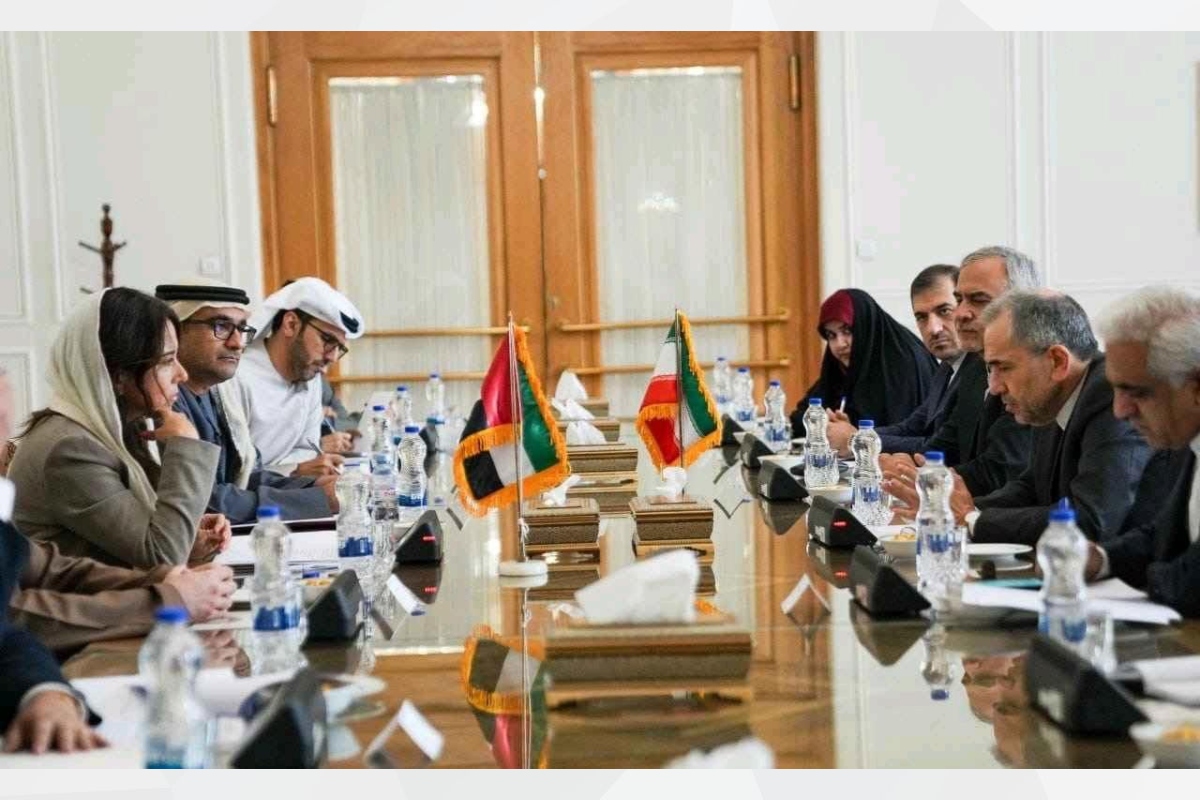
UAE and Iran Hold Political Consultations in Tehran
The second session of political consultations between the Ministry of Foreign Affairs of the United Arab Emirates and the Ministry of Foreign Affairs of the Islamic Republic of Iran was hosted in Tehran by the Islamic Republic of Iran.
View Details

